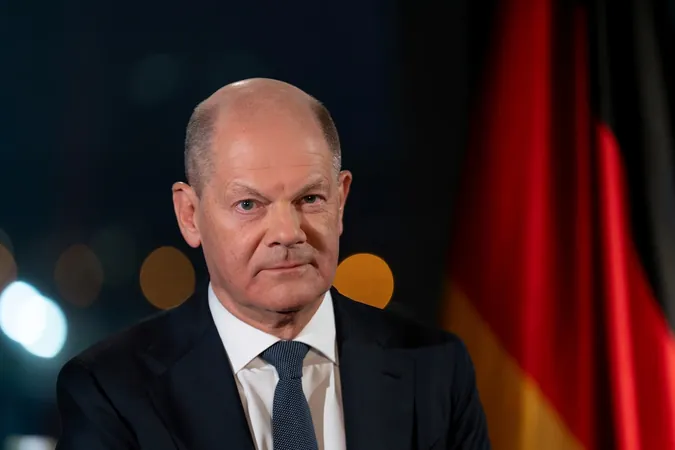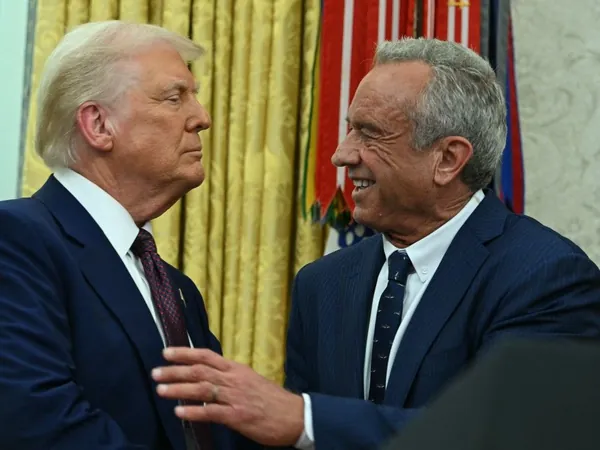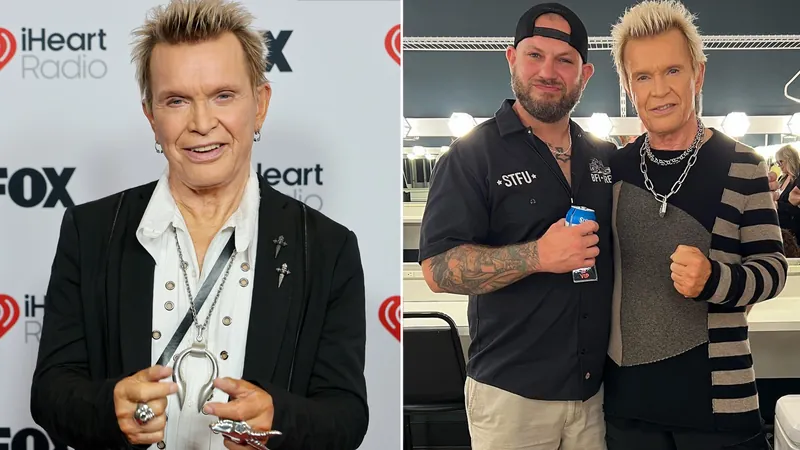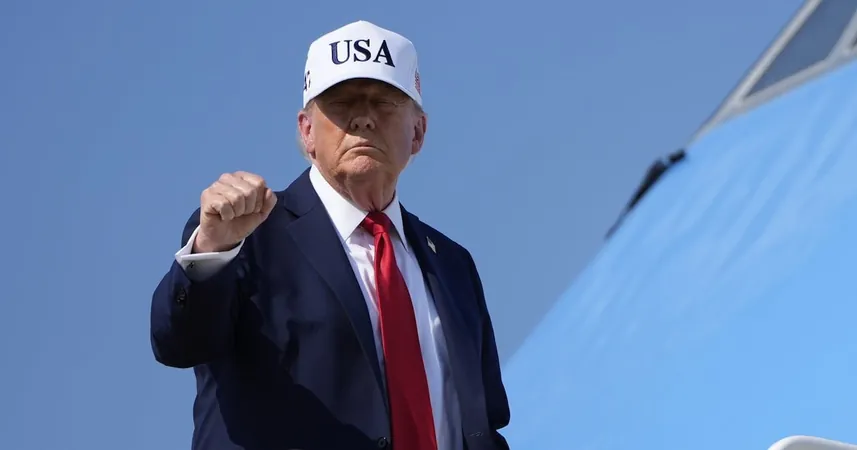
German Chancellor Scholz Sounds Alarm Over Elon Musk’s Support for Far-Right AfD Party
2025-01-04
Author: Noah
German Chancellor Scholz Sounds Alarm Over Elon Musk’s Support for Far-Right AfD Party
In a revealing interview, German Chancellor Olaf Scholz expressed deep concern over American billionaire Elon Musk's involvement in German politics, particularly his recent endorsement of the far-right Alternative for Germany (AfD) party. While Scholz remained composed in light of Musk's personal jibes—labeling him a "fool" following the collapse of Scholz’s coalition government—his primary focus was on the implications of Musk’s political interference.
Musk, well-known for his close ties to former U.S. President Donald Trump, garnered attention for his opinion piece published in the German newspaper Welt am Sonntag, where he positioned the AfD as "the last spark of hope for this country." This inflammatory statement has sparked outrage, leading to the resignation of the paper's opinion editor in protest.
In his remarks to the German magazine Stern, Scholz stated, "There’s nothing new in criticism from wealthy media magnates who don’t value the principles of social democracy." He emphasized that while he brushes off personal insults, Musk’s backing of a party with extremist tendencies was far more alarming. "The AfD preaches a dangerous rapprochement with Putin's Russia and seeks to undermine transatlantic relations," he added, highlighting the potential risks for German and European stability.
The AfD has been under surveillance by Germany's domestic intelligence agency due to suspicions of right-wing extremism, and various German states have officially recognized it as such. The growing influence of the party is particularly concerning as Germany prepares for an early parliamentary election on February 23, following the fallout from Scholz's coalition collapse over economic reform debates.
Vice Chancellor and Economy Minister Robert Habeck echoed Scholz’s sentiments, warning Musk to "hands off our democracy." In a pointed interview with Spiegel magazine, Habeck criticized the combination of Musk’s vast wealth, influence over media and information, and disregard for traditional political rules as a direct threat to democracy.
Habeck described Musk's involvement as more than just political meddling; he characterized it as a "frontal attack on our democratic institutions," urging Germans to remain vigilant against external influences in their governance.
As the AfD gains traction in public opinion polls, its leader, Alice Weidel, faces significant hurdles in becoming chancellor, with other major parties committing to avoid alliances with the far-right group. Scholz and Habeck’s responses signify a broader concern within Germany about the integrity of their democratic processes in the face of foreign intervention.
As the political landscape in Germany continues to evolve, observers will be keenly watching how the upcoming elections and the increasing polarization within the population will unfold. The question remains: how will Germany respond to the rising tide of far-right ideology, particularly against the backdrop of influential figures like Elon Musk?









 Brasil (PT)
Brasil (PT)
 Canada (EN)
Canada (EN)
 Chile (ES)
Chile (ES)
 Česko (CS)
Česko (CS)
 대한민국 (KO)
대한민국 (KO)
 España (ES)
España (ES)
 France (FR)
France (FR)
 Hong Kong (EN)
Hong Kong (EN)
 Italia (IT)
Italia (IT)
 日本 (JA)
日本 (JA)
 Magyarország (HU)
Magyarország (HU)
 Norge (NO)
Norge (NO)
 Polska (PL)
Polska (PL)
 Schweiz (DE)
Schweiz (DE)
 Singapore (EN)
Singapore (EN)
 Sverige (SV)
Sverige (SV)
 Suomi (FI)
Suomi (FI)
 Türkiye (TR)
Türkiye (TR)
 الإمارات العربية المتحدة (AR)
الإمارات العربية المتحدة (AR)